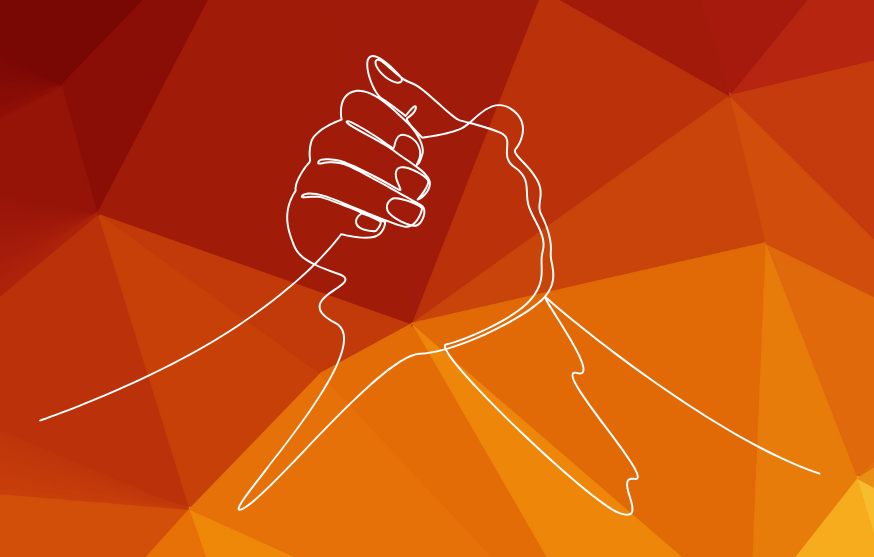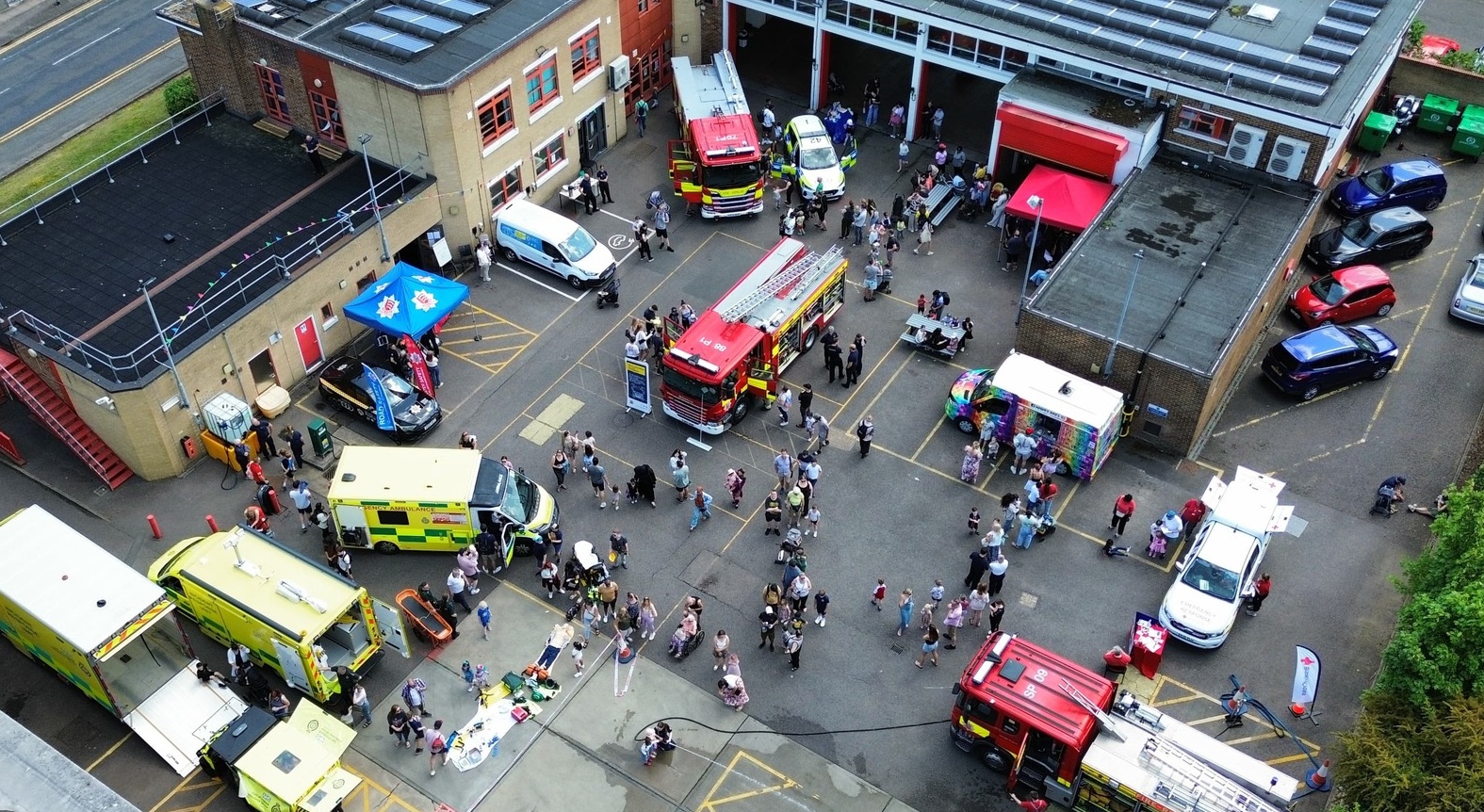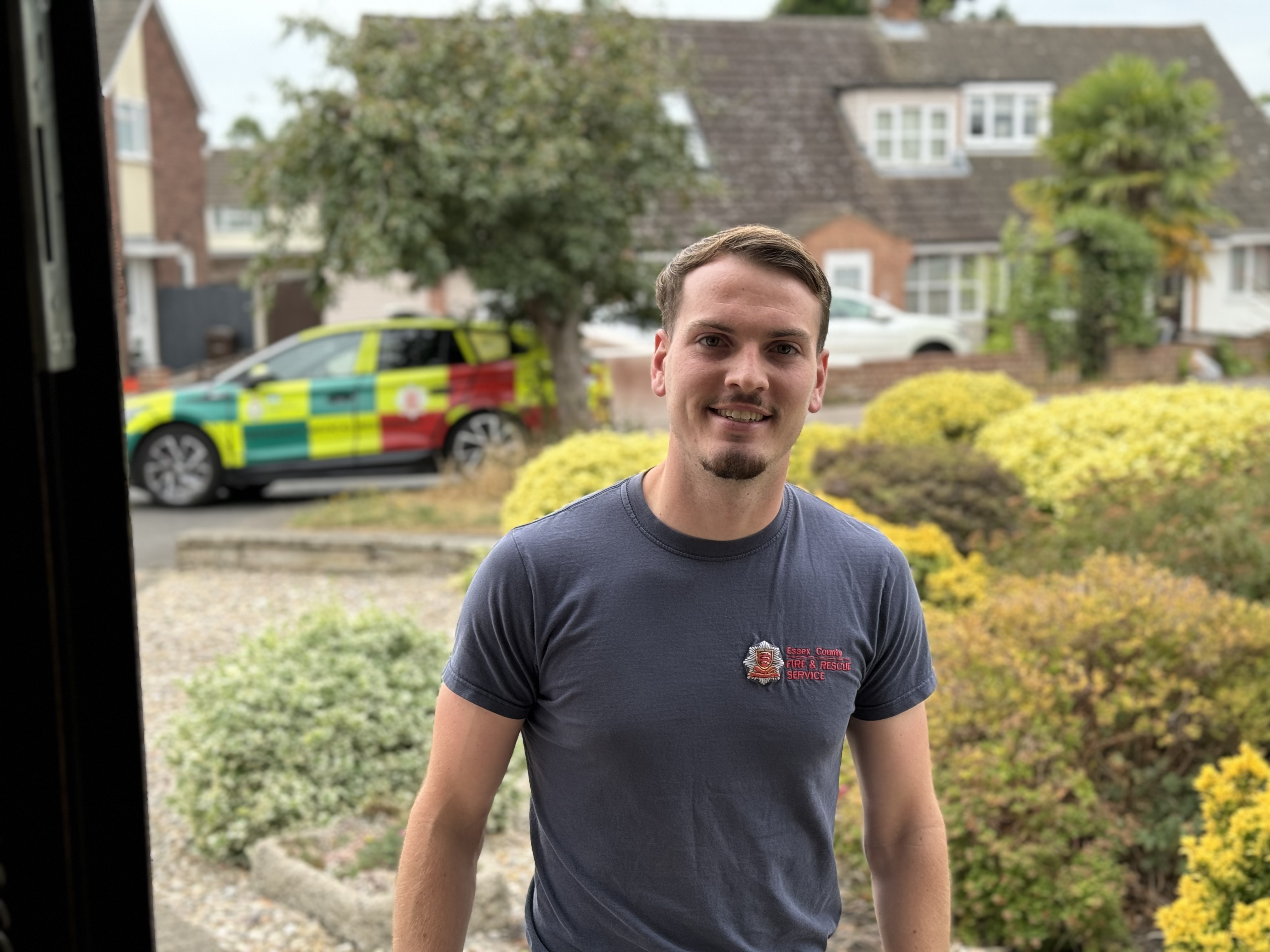
Hate Crime
Hate crime is any criminal act fuelled by hostility or prejudice against someone's identity, whether it's their race, religion, sexual orientation, disability, or transgender identity. What makes it different from other crimes is the motive behind it: who the victim is, or who they are perceived to be.
From verbal abuse to physical attacks or online threats, hate crime can take many forms, and it can deeply affect individuals, families, and communities.
Even if you're not sure a crime has taken place, it's still important to report it. Speaking up helps tackle hate and keeps our communities safer for everyone.
Hate Crime is different to other types of crime because the offender is motivated by who the victim is or appears to be. Hate crime and incidents are acts that are motivated by hostility or prejudice based on a person's:
- race
- religion
- sexual orientation
- disability
- transgender identity
This includes crimes where the victim is targeted because of who they are or who they appear to be. You don't need to personally believe an incident is hate-related. It's enough if someone else, like a witness or a police officer, thinks it is.
It's important to report both hate crimes and hate incidents to help agencies address and prevent these acts.
For more information about hate crime, visit the Essex Police website.
Types of hate crime
There are many different types of hate crime. The most common types are physical assault, verbal abuse and incitement to hatred.
Physical assault
Any kind of physical attack is an offence. This should be reported to the police. Depending on the severity, the attacker could be charged with common assault, actual bodily harm, or grievous bodily harm.
Verbal abuse
This includes threats, name-calling, or any kind of verbal harassment. There are laws to protect you from verbal abuse. These incidents should be reported to the police or relevant organisations.
Incitement to hatred
Actions intended to stir up hatred, such as threatening words, pictures, videos, music, or online content. This can include:
- messages calling for violence against a specific group or person
- chat forums where people encourage others to commit hate crimes
- web pages showing violence against people due to their perceived differences
Reporting hate crimes and incidents
It's important to report both hate crimes and hate incidents to help agencies address and prevent these acts. Even if you're unsure whether an offence has been committed, reporting can help improve community safety.


